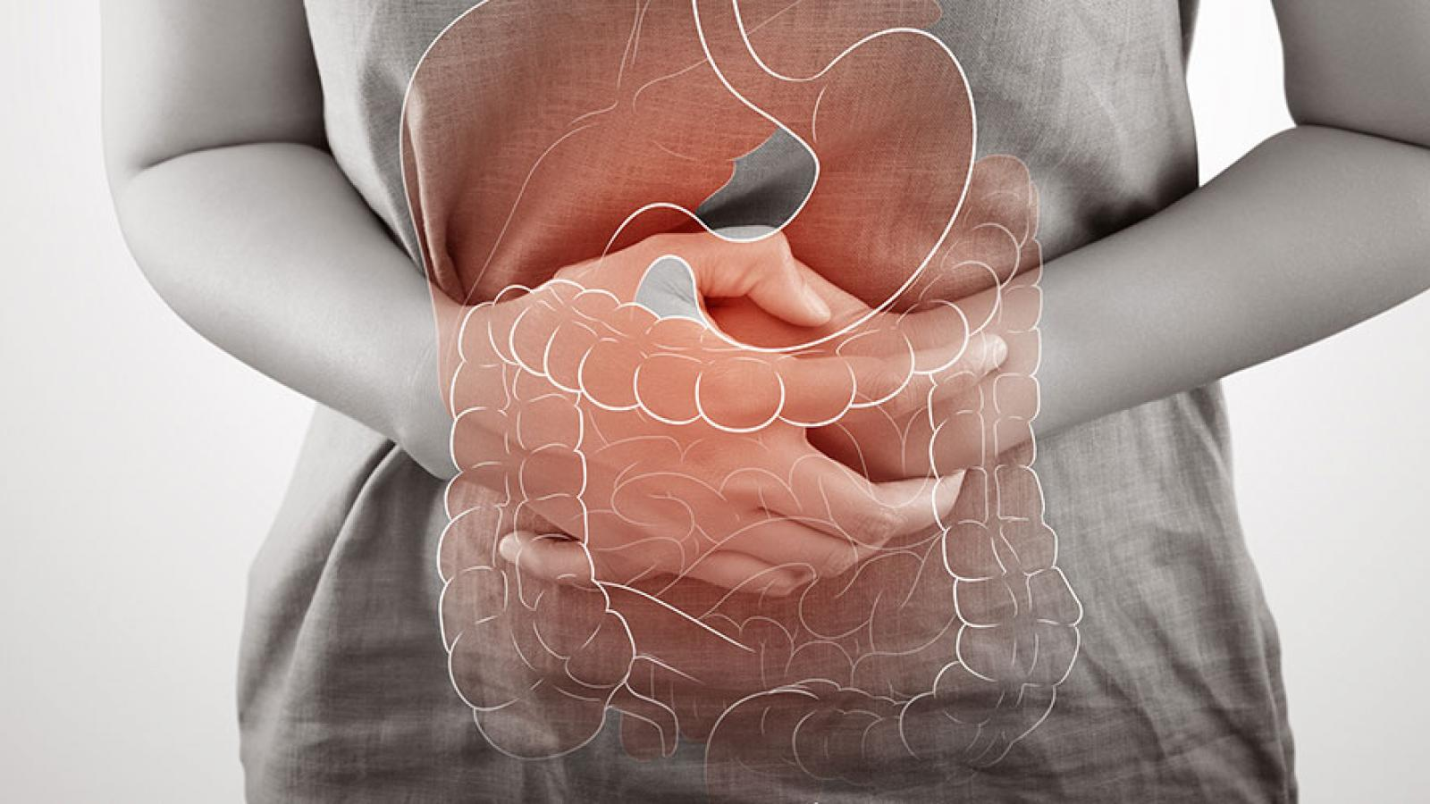Description

Copyright infringement not intended
Picture Courtesy: www.guthrie.org
Context: A recent study published in Scientific Reports investigating the potential link between migraine and the development of inflammatory bowel disease (IBD).
Migraine
- Migraine is a neurological disorder characterized by recurring, severe headaches that can be accompanied by other symptoms such as sensitivity to light and sound, nausea, and vomiting.
- The impact of migraine is significant, especially for individuals under the age of 50, affecting their overall quality of life.
- Migraine is not limited to headaches; it often presents with gastrointestinal symptoms like nausea, diarrhoea, and vomiting. This suggests a potential connection between the neurological aspects of migraine and gut-related issues.
- Previous studies have linked migraine to other gastrointestinal problems, including irritable bowel syndrome (IBS) and inflammatory bowel disease (IBD).
|
Inflammatory Bowel Disease (IBD)
●Inflammatory bowel disease (IBD) is an umbrella term for chronic disorders characterized by inflammation of the gastrointestinal (GI) tract. While the exact cause remains elusive, it's believed to be a complex interplay of environmental, genetic, and immune system factors.
|
|
Symptoms
|
●Abdominal pain and cramping
●Diarrhea
●Urgency to have a bowel movement
●Fatigue and weight loss
●Fever, anaemia, and night sweats
|
|
Diagnosis
|
●Assessing symptoms, family history, and potential triggers.
●Checking for blood, bacteria, and parasites.
●Detecting inflammation markers and ruling out other conditions.
●X-rays, colonoscopy, CT scans, or MRI to visualize internal inflammation.
|
|
Causes
|
The exact cause of IBD remains unknown, but a combination of factors is likely involved:
●An overactive immune system mistakenly attacks healthy gut tissue.
● People with a family history of IBD are more susceptible.
● Diet, stress, smoking, and certain medications might play a role.
●Imbalance in gut bacteria may contribute to inflammation.
|
|
Treatment
|
There's no cure for IBD, but treatment aims to control inflammation, manage symptoms, and prevent complications.
●Anti-inflammatory drugs, immunosuppressants, and biologics can suppress the immune response and reduce inflammation.
●Eliminating certain foods or following specific diets can ease symptoms.
●In severe cases, removal of damaged bowel sections may be necessary.
●Living with IBD can be challenging, so emotional and psychological support are crucial.
|

About the Study
- The study utilized data from a nationwide Korean cohort obtained from the National Health Insurance Service (NHIS) database.
- Participants included individuals who underwent routine health screenings between 2009 and 2009, excluding those with missing data.
- The study encompassed over 10 million individuals, with approximately 2.8% of them being diagnosed with IBD.
Key Findings of the Study
- Increased Risk for IBD in Migraineurs: Individuals with migraine were found to be 1.3 times more likely to develop IBD (both CD and UC) compared to the control group. This aligns with some previous studies suggesting IBD is a risk factor for migraine.
- Subgroup Analysis: Subgroup analysis revealed a higher risk of Crohn's disease (CD) specifically in migraineurs. The increased risk of CD was particularly notable five years after the initial diagnosis of migraine. This risk remained consistent across different demographic and health-related factors.
- Comorbidities: Migraineurs showed a higher prevalence of certain health conditions, including chronic kidney disease, hypertension, and dyslipidemia. These comorbidities are often associated with IBD, suggesting potential shared risk factors.
Limitations and Future Directions
- Data Limitations: The study lacked information on the severity of migraines and whether this might correlate with the severity of IBD. Important covariates, such as dietary habits, stress levels, family history, and other gastrointestinal issues, were not considered.
Call for Further Research
- Despite limitations, the study underscores migraine as a significant risk factor for the development of IBD. The need for further research, particularly exploring the gut-brain axis, is emphasized to better understand the connection and enhance the clinical management of individuals with both conditions.

Conclusion
- The study provides valuable insights into the potential association between migraine and the development of IBD. Despite certain limitations, it underscores the importance of continued research to elucidate the underlying mechanisms and improve clinical management strategies for individuals with both conditions.
|
PRACTICE QUESTION
Q. How does the prevalence and impact of noncommunicable diseases vary across different regions of India, and what specific public health measures could be implemented to address and reduce the burden of these diseases in the Indian population?
|












